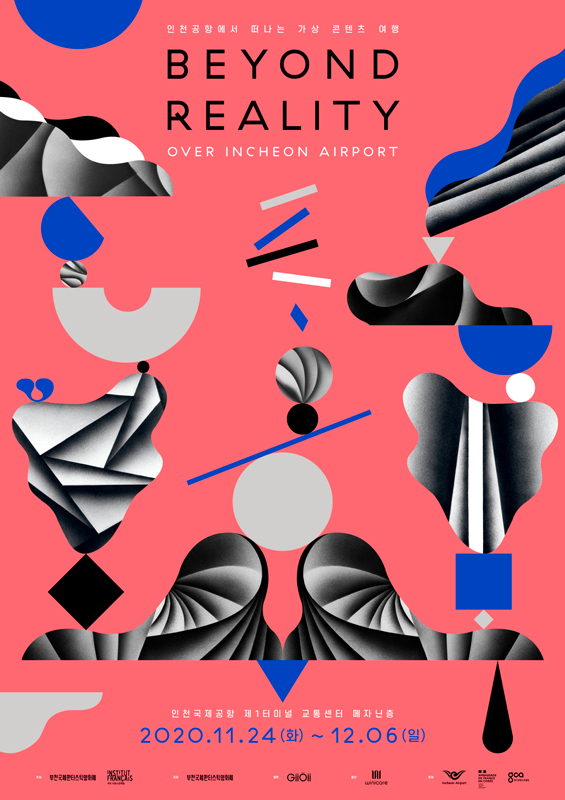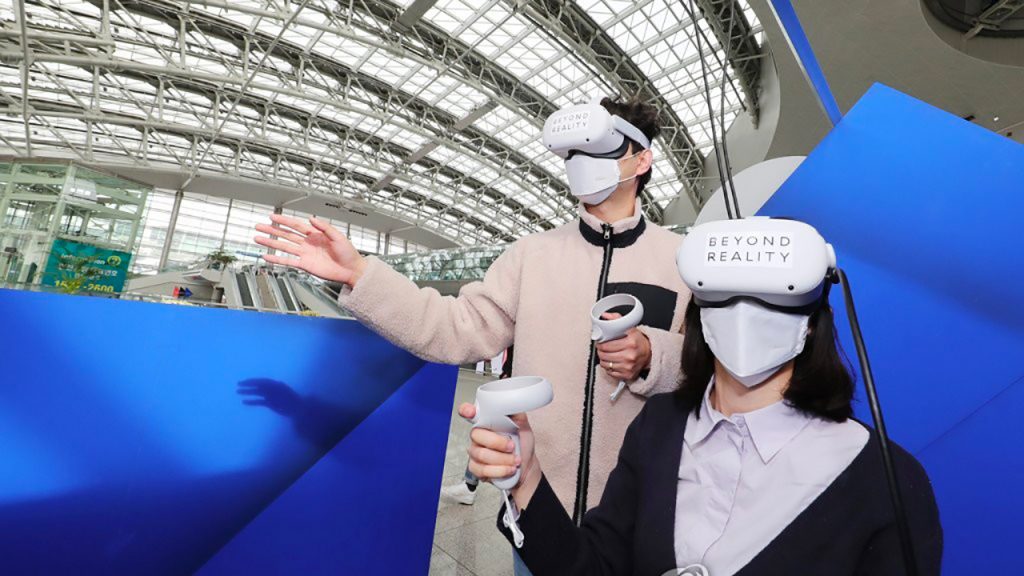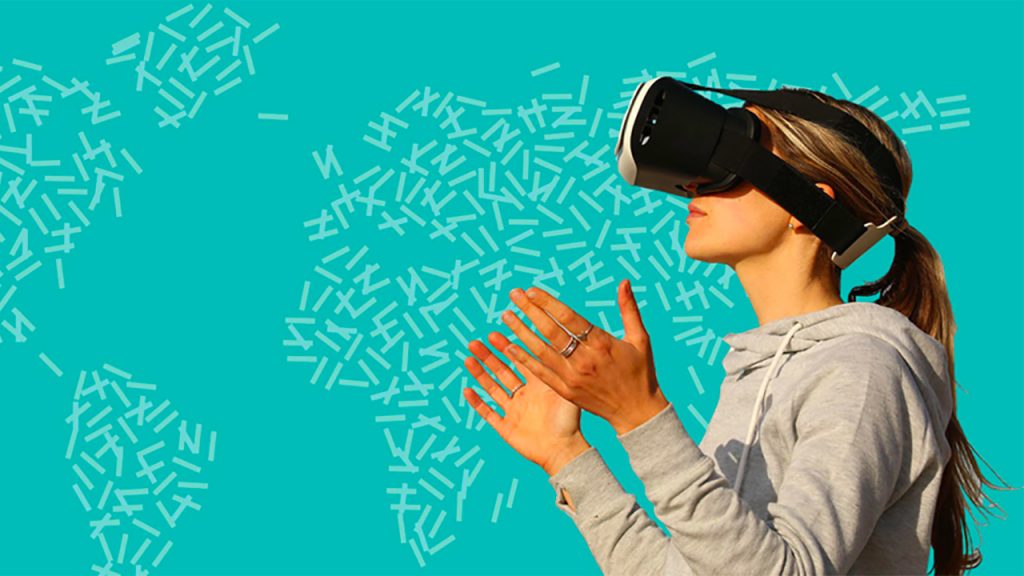Partly halted by the Covid-19 crisis, which was very well controlled in South Korea, BIFAN could not proceed as planned. With its XR Beyond Reality selection, the festival is one of the highlights of the year. At the end of this year, Beyond Reality is bouncing back with another exhibition, in a totally surprising location and in partnership with the French Institute on the occasion of “Digital November”. We were able to discuss it with Jean-Romain Micol, audiovisual attaché, in charge of cultural and creative industries (ICC) for the French Embassy in Seoul, who participated in the project.
France and South Korea, immersive countries
Jean-Romain Micol – When I arrived in South Korea in September 2019, I was able to observe a cultural activity very similar to the one we know in France. At the cutting edge of new technologies, but also of “new media” storytelling, Koreans are therefore among the most advanced XR creators and producers, as in French-speaking countries. I was able to meet the entire XR ecosystem during my first months in office, and I was won over by the energy and ideas that emerged, which opened up numerous partnership opportunities with the French Institute.

J.-R. M. – The Covid-19 crisis has pushed many festivals and events to cancel or switch to online editions. For Jay Kim and the Beyond Reality team at BIFAN (see our interview), whose program had been announced, the interactive part remained in the boxes. I was able to propose another innovative location, Incheon Airport – convenient in terms of access, easily configurable for the very rigorous sanitary conditions here and especially in search of new lifestyle services for these users. The idea was to include a physical XR showcase in our global “Digital November” initiative (link). The proposal convinced BIFAN to reorganize its program, and in less than 3 months (!) we proposed BEYOND REALITY OVER INCHEON AIPORT (link).
Organize a totally immersive event
J.-R. M. – This event is a true XR exhibition with 15 projects presented that reflect the dynamism of this creative industry, notably with French and Korean projects. We have worked on the scenography according to the venue to offer a real experience to the public who must book their ticket online. After presentation of the ticket to the airport services (customs, security, temperature control, etc.), each spectator boards for each project. A waiting room that offers RV tourist experiences allows the 20 people per hour gauge to be regulated in the exhibition hall. The whole thing is enhanced by a contest, which Koreans love, to win hotel nights.

J.-R. M. – There is a real desire here for this type of event. In South Korea, there are already many RV halls, rather entertainment oriented, but which can exist as mini amusement parks in cinemas, museums, etc.. We are very happy to see French projects being exhibited in major cultural venues, such as the upcoming reopening of the Gwangju Museum of Art (link) with 3 films by Lucid Realities. The enthusiasm – and effectiveness – of the South Koreans in embracing technological and artistic innovation is formidable.
Digital November – a global device for cultural promotion
Since 2017, the Institut français and the French cultural network abroad organize Novembre Numérique (Digital November), the international digital cultures festival around the world. (link).
Novembre Numérique (Digital November) is an invitation to question the place of digital cultures in our societies, to increase the awareness of the general public to the new uses of digital technologies, while discovering the richness and diversity of digital creations, ranging from virtual reality to video games, from media art to new forms of digital narratives, from immersive theater to interactive music, from educational technologies to entrepreneurship, etc.

On all five continents, French and foreign amateurs and professionals gather to (de)code, to create, to play and to think with digital cultures, all in a festive environment.
Workshops, debates, performances, exhibitions, hackathons, escape games, etc. invite to question the forms, the practices, the uses and the stakes of the digital revolution we are currently facing, while trying to identify the future changes of our society: equality and diversity, participative democracy, transhumanism, robotics, new forms of artistic creation, gastronomy and technology, language and education, access to knowledge, cultural heritage valorization, etc.



Leave a Reply
You must be logged in to post a comment.